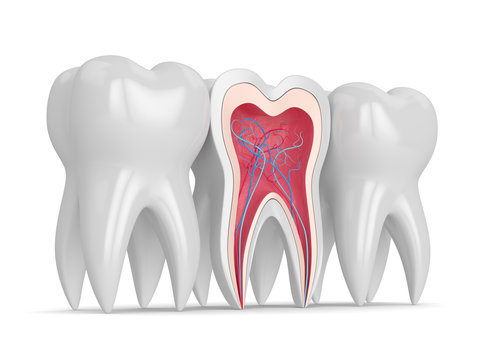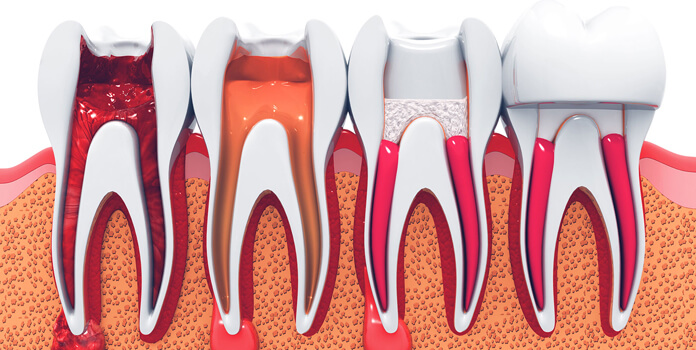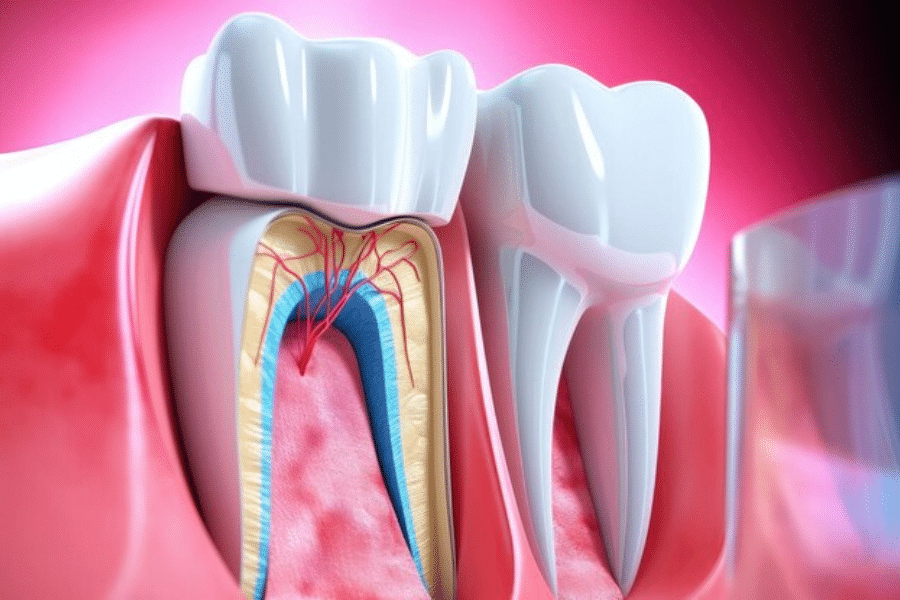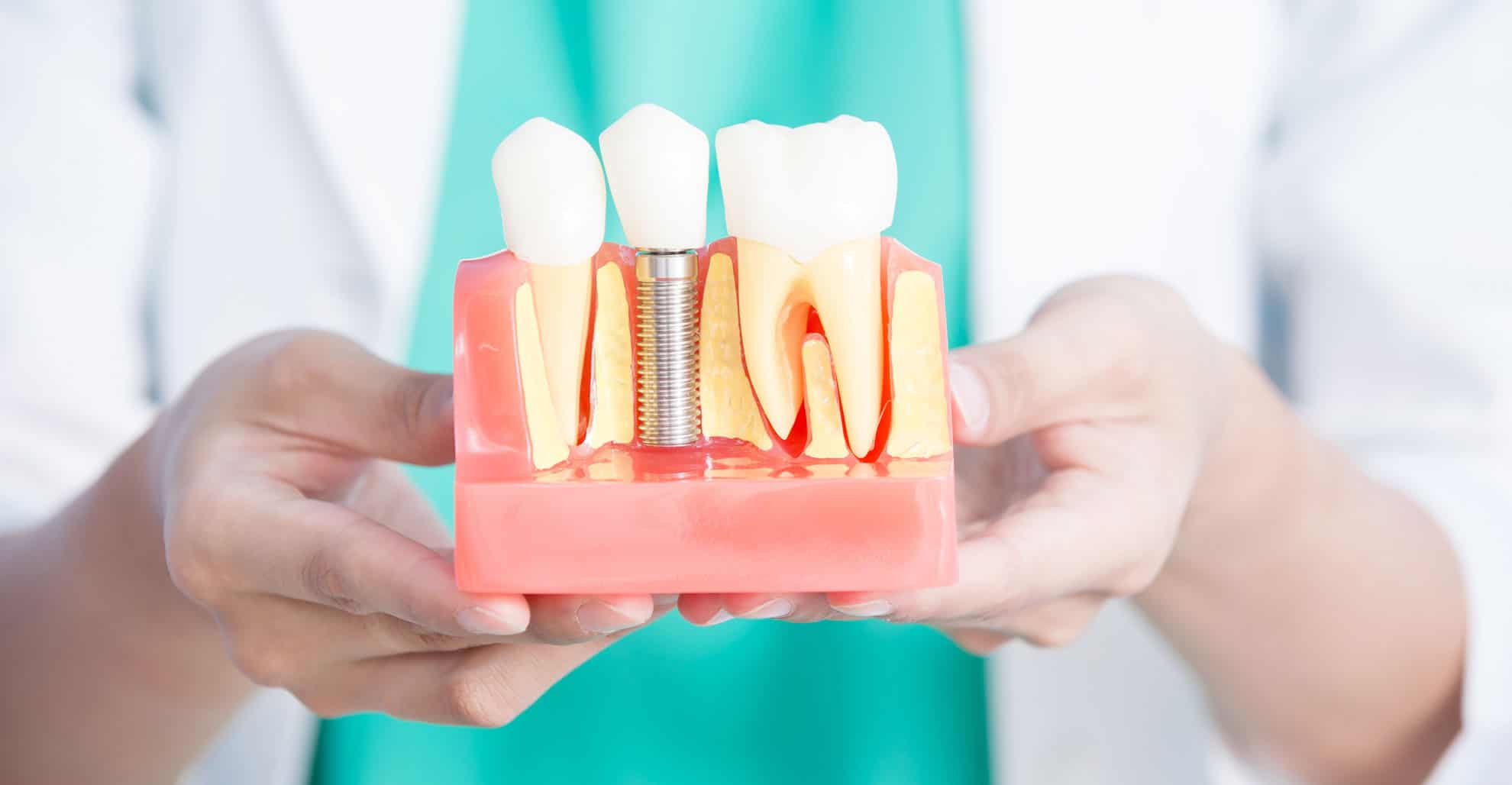The Importance of Preventing Infection During Root Canal Treatment

Root canal treatment is a commonly performed dental procedure that helps save a damaged or infected tooth. But while most people focus on the pain relief and restoration aspects, one crucial factor that often goes unnoticed is infection control during the procedure. Preventing infection isn’t just a technical detail—it’s central to the success of root canal therapy and the long-term health of your tooth.
If you’re considering an affordable root canal treatment in Ambikapur, it’s important to understand how proper infection control plays a key role in treatment success. Let’s take a closer look at why infection prevention is so important and how dentists work carefully to maintain a clean and sterile environment throughout the procedure.
Why Is Infection a Concern in Root Canal Treatment?
Root canals are performed when the pulp of a tooth—the soft tissue that contains nerves and blood vessels—gets infected due to decay, injury, or a deep cavity. This infection can cause severe pain, swelling, and if left untreated, can spread to surrounding tissues, bone, or even into the bloodstream.
While the aim of a root canal is to remove this infected pulp and prevent further spread, the process itself can potentially introduce new bacteria if proper precautions aren’t taken. That’s why meticulous infection control is not just recommended—it’s mandatory.
How Infection Can Affect the Outcome
If bacteria are not completely removed or if they find their way into the tooth during treatment, the infection can persist even after the root canal is completed. This may lead to:
- Delayed healing
- Formation of an abscess
- Re-infection, requiring retreatment
- Tooth loss in severe cases
In some rare situations, untreated dental infections can even lead to systemic issues, especially in individuals with underlying health conditions.
Measures Dentists Take to Prevent Infection
Modern root canal treatment follows strict protocols to ensure the area is as sterile as possible. Some of these include:
1. Rubber Dam Isolation
A rubber dam is a sheet that isolates the tooth being treated from the rest of the mouth. This prevents saliva (which contains bacteria) from contaminating the area and ensures a clean working environment.
2. Sterile Instruments
Root canal files, reamers, and other tools are either disposable or thoroughly sterilized before each use. Autoclaving—using high-pressure steam—is the most common method used for sterilization in dental clinics.
3. Antibacterial Irrigation
During the procedure, the dentist will flush out the root canals with an antibacterial solution such as sodium hypochlorite. This helps kill any remaining bacteria and clears out debris from the canals.
4. Proper Sealing
Once the canals are cleaned and dried, they are sealed with biocompatible materials like gutta-percha and sealed further with a filling or crown. This seal is critical—it blocks bacteria from re-entering and causing future infections.
5. Post-Treatment Care
Dentists often prescribe antibiotics and recommend good oral hygiene practices post-treatment. Patients are also advised to follow up to monitor healing and prevent complications.
What You Can Do as a Patient
Infection prevention isn’t just the dentist’s job. As a patient, you play an important role too. Here’s how:
Don’t delay treatment: Early treatment lowers the risk of complications.
Follow all post-operative instructions carefully.
Take medications as prescribed, especially antibiotics, even if symptoms subside.
Maintain oral hygiene: Brush twice daily, floss, and avoid putting pressure on the treated tooth until it’s fully restored.
Preventing infection during root canal treatment is vital for long-term success. A well-done root canal can last a lifetime—but only when infection is completely eliminated and prevented from recurring. With skilled hands, modern techniques, and good post-treatment care, the chances of infection can be significantly reduced. If you're searching for affordable root canal treatment in Ambikapur that prioritizes both comfort and infection control, you’re making the right move toward lasting oral health.
Note: IndiBlogHub features both user-submitted and editorial content. We do not verify third-party contributions. Read our Disclaimer and Privacy Policyfor details.






